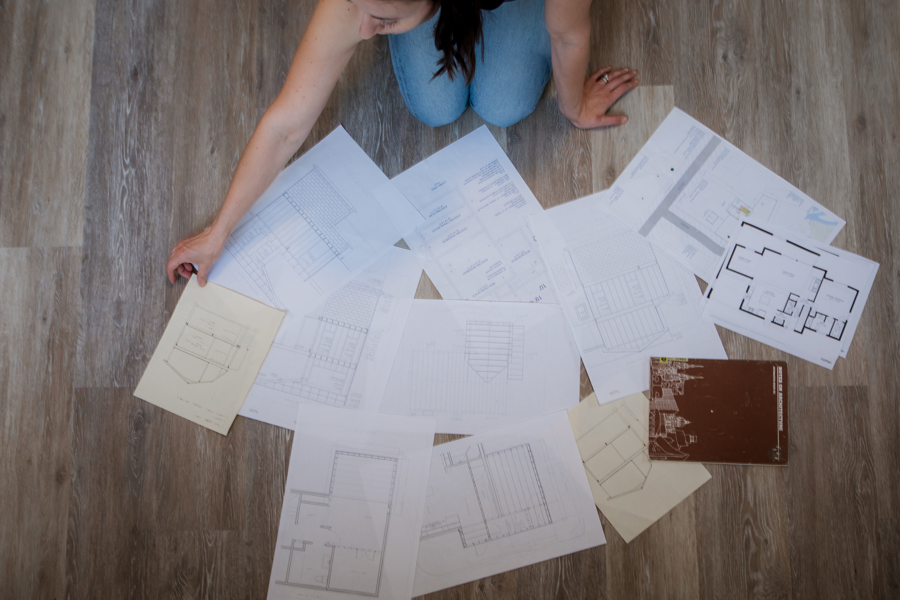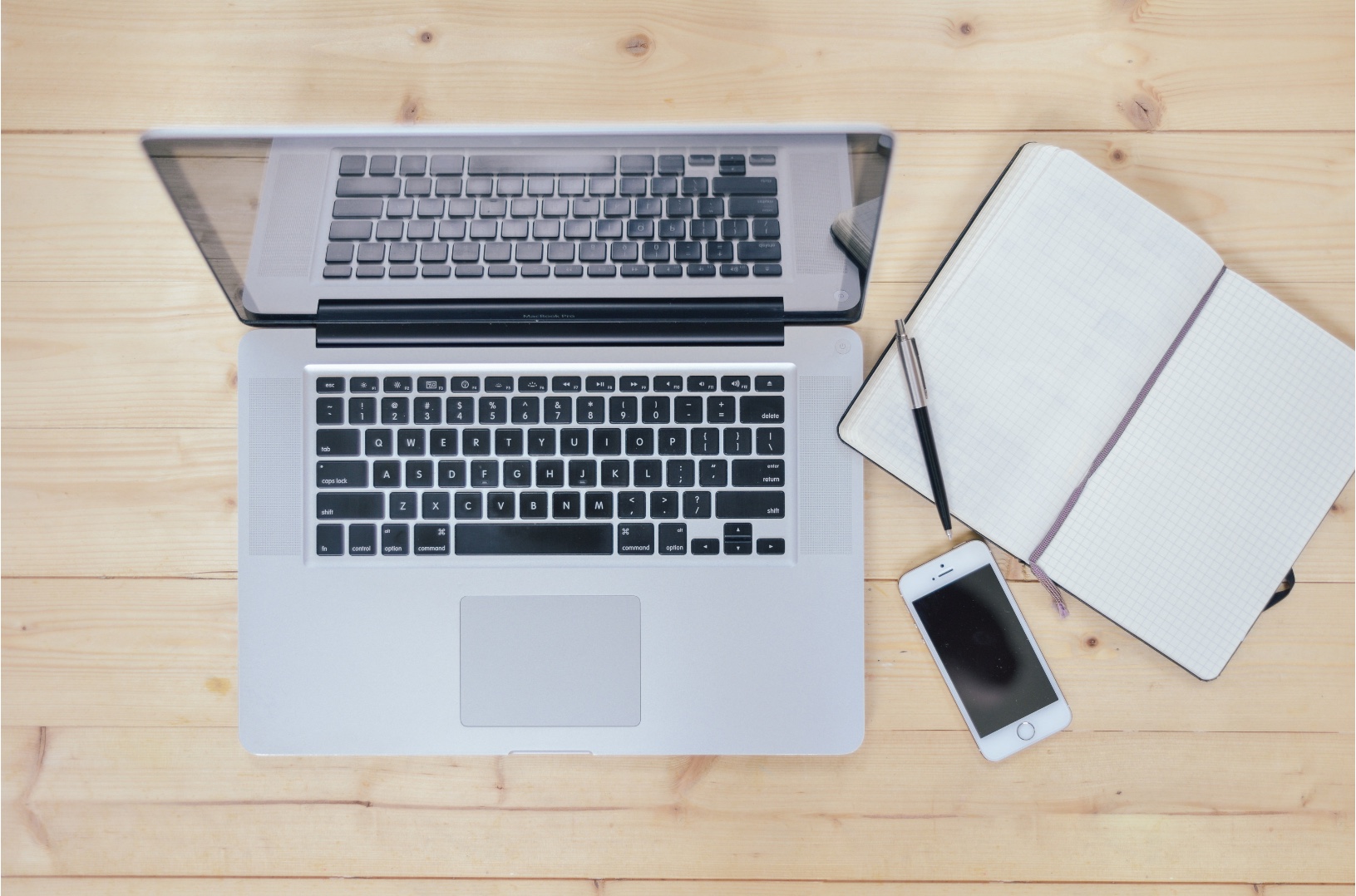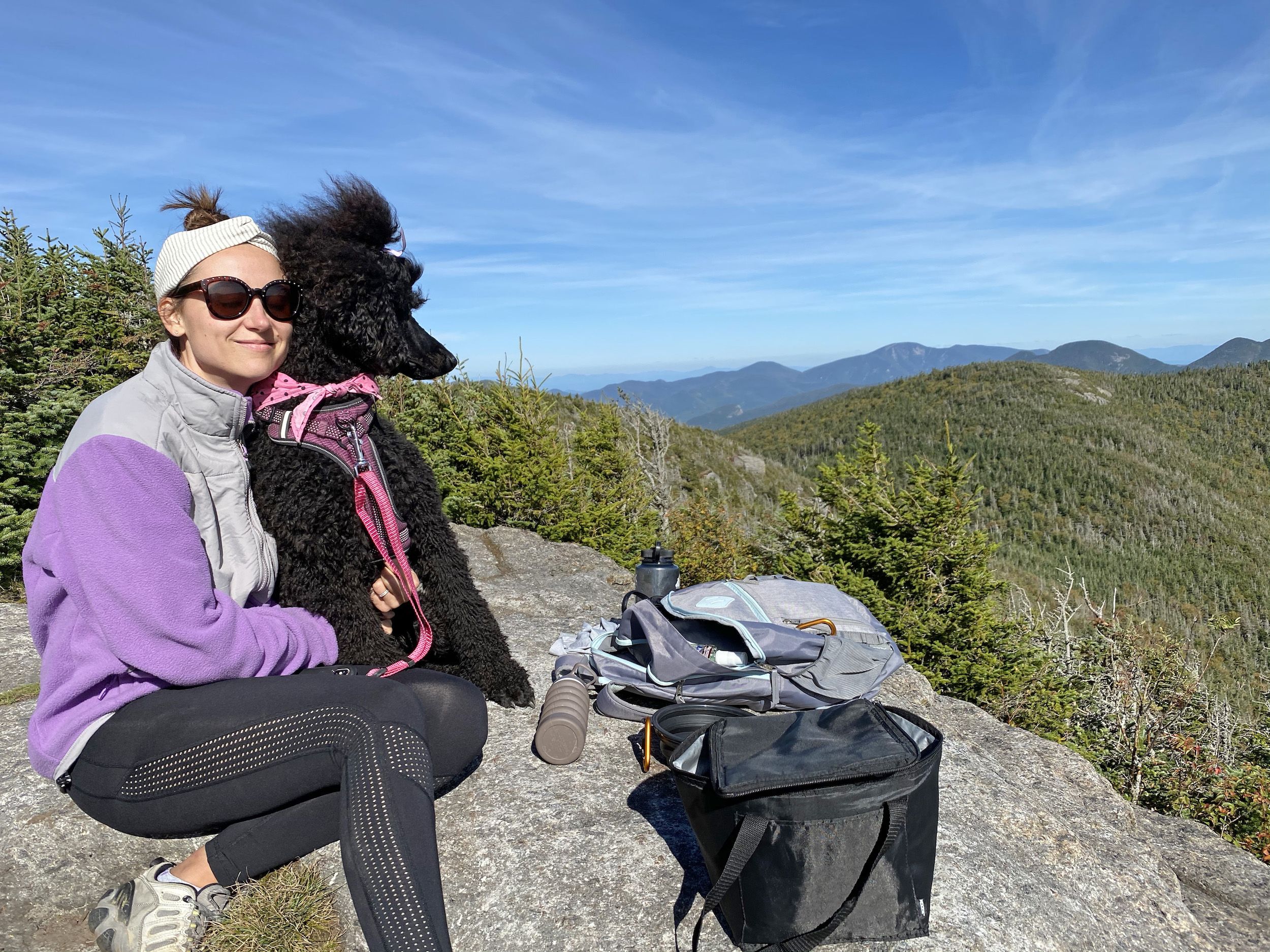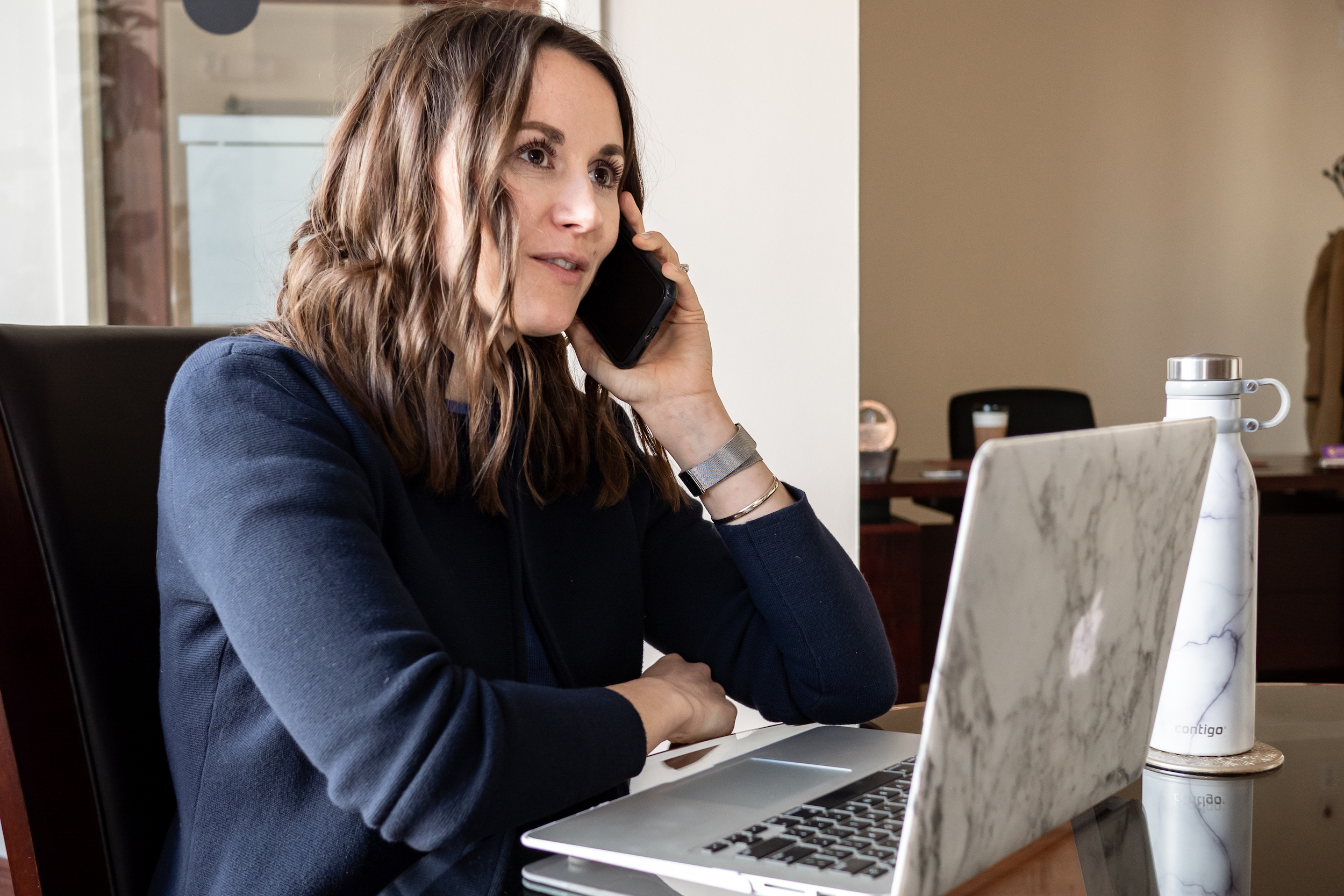
Recently, Brandon and I were talking about online security, passwords, and hacking scams. If you know my husband, you know this is totally on point with his character! Brandon lives by his Eagle Scout motto of always being prepared, and safety first. Anyway, I’m noticing more lately that my friend’s social media accounts are being hacked. It’s not uncommon for me to get a duplicate friend request or unauthorized message due to an account being compromised.
Brandon was reviewing for a short presentation about online security and how one can properly equip and prevent a security breach. In light of all the recent online hacking, I thought it would be helpful to share his tips with you in today’s post!
1. Don’t use names or personal information in passwords.
Examples of these are family member’s names, hobby’s or important dates. Often times, references to this information will be easier for hackers to find and use in a brute force hack attempt.
2. Use different passwords for every site.
This is especially critical for sites which can be used to breach your other accounts. Your primary email and payment accounts are examples. Also, don’t reuse passwords. Every time you change your password, make a new one instead of changing a single character
3. Use passwords that are random and longer than 12 characters.
While it may take you longer to type the password, every extra character makes it even more difficult for hackers to break. (Check out howsecureismypassword.net)
4. Use an encrypted password manager.
Password managers such as LastPass or DashLane are great. These apps allow you to easily generate and store complex, random passwords for your accounts. All you need to do is remember a single ‘master password.
5. Use multi-factor authentication where available.
For example, when you login to your email, change your setting so a numerical code is texted to you to verify that it’s you.
6. Whenever possible, use a well known payment service at check out.
Instead of letting a website save your bank or credit card info, use a payment service. Examples of these are PayPal, Amazon, and GooglePay who spend millions on security each year. Mom & Pop shops may not and will have limited ability to guarantee the security of your information.
7. Don’t use public wireless networks.
Public places like coffee shops, the library or stores use un-encrypted networks. If you use these places that offer free WiFi to sign on to sensitive personal accounts, you put yourself at risk. (I’m guilty of this one all the time!) A better way to prevent getting your information hacked in a public area is to use your wireless phone as a hot spot.
8. Always verify the URL is correct before entering username and password.
Unfortunately, this scam recently happened to my friend! She was contacted by someone from “Microsoft” saying her computer was compromised. They told her they needed remote access to her laptop and $500 to wipe the virus and reset her computer. The hackers sent her a link which looked like a legitimate Microsoft page. It even had their logo and company information. She logged into her account, paid the fee, and they gained access to her computer and her personal information! Her tax returns, bank information and passwords were all stored on the computer and were instantly compromised.
Have you ever been hacked? How did you get your information back on track? What are your personal safety tips for online security?? Leave your stories and suggestions in the comments below.








